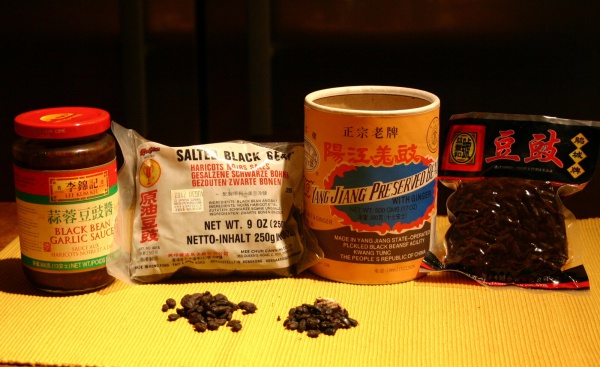Facts About Douchi
Douchi, also known as tochi, is a cornerstone of Chinese cuisine. These fermented and salted black soybeans, commonly referred to in English as fermented black soybeans or Chinese fermented black beans, impart a unique flavor profile to many dishes. The fermentation process endows douchi with a distinctive sharp, pungent, and spicy aroma, accompanied by a salty, slightly bitter, and sweet taste. They are essential in creating the rich flavors found in black bean sauce dishes.
The origins of fermented black soybeans date back to 165 BC, with their discovery in Han Tomb No. 1 at the Mawangdui Tomb Site in China. By 90 BC, they had already become a significant trade commodity, as documented in historical records. Today, douchi is primarily used as a seasoning in dishes such as mapo tofu, fish preparations, and stir-fried vegetables. Due to their intense saltiness, they are not intended to be consumed in large quantities.
Fermented black soybeans are popular not only in China but also across various East Asian countries and among Chinese diaspora communities. They are known by different names in different regions, such as daitokuji natto in Japan, chunjang in Korea, and tàu xì in Vietnam. In Chinese cuisine, douchi is often transformed into a popular condiment known as black bean paste, black bean sauce, or black bean garlic sauce, which combines douchi with garlic and soy sauce.

 Tajikistan
Tajikistan